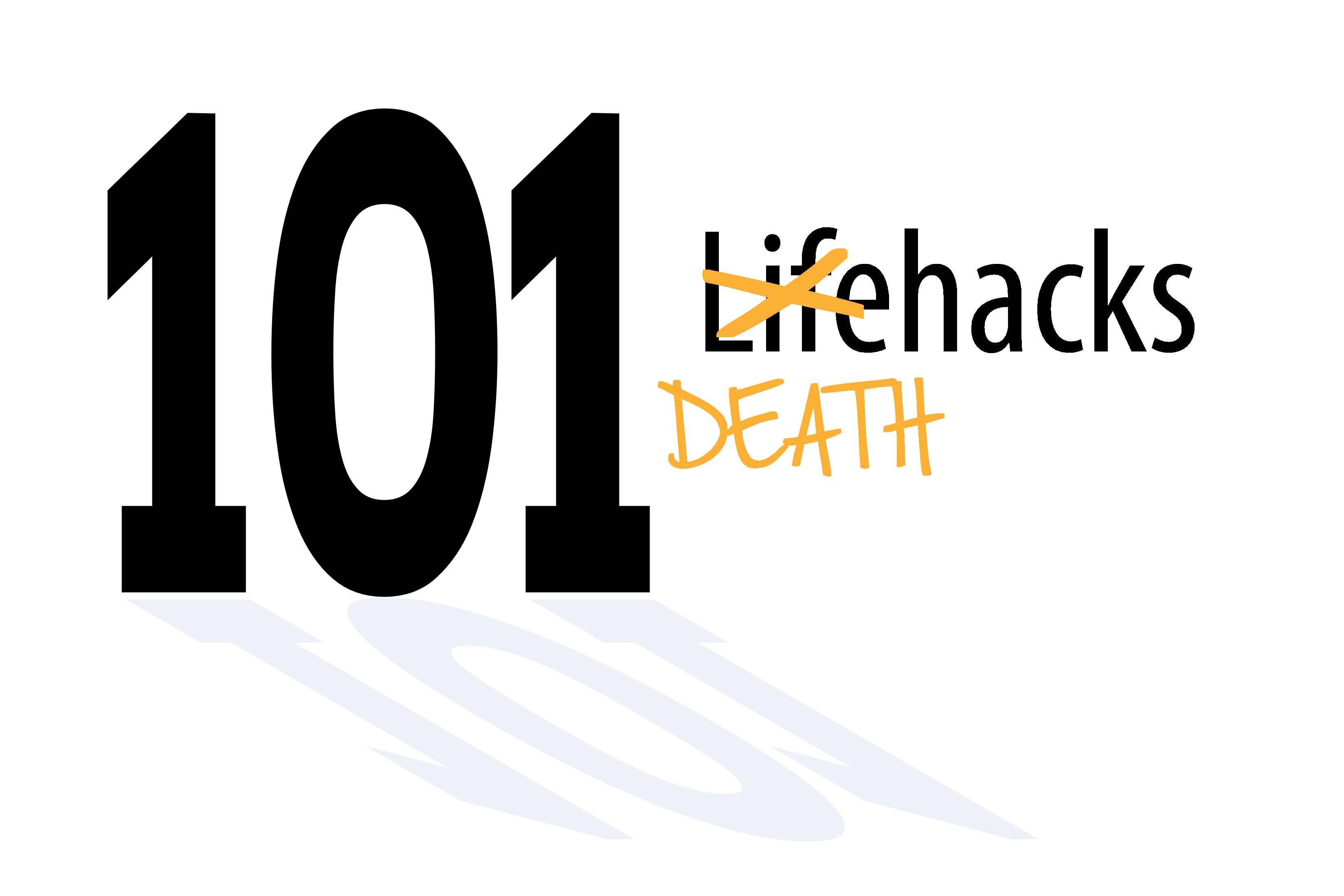Keeping it Current
- Update your fiduciaries’ contact information (see number 78) every time their information changes
Your family and your estate planner (see #20) will need to find your executor and/or successor trustee, so make it easy by keeping your list of contact info current. - Review your life insurance beneficiary designations every year
Plans change. Family members change. Your life changes. Make sure your bene designations change with them. - Review your retirement account beneficiary designations every year
- Keep your most recent tax return with your estate plan documents
Your executor will need to file your final tax return. Having your most recent tax return as a reference point can be incredibly beneficial.
Review your plan regularly
- Reconfirm your list of fiduciaries every year
See #78 and #81 - Double check annually that your trust is fully funded
Obviously you need to have a signed trust agreement in order to have a good trust, but funding is equally as important to the effectiveness of your estate plan. Without funding, your trust will do you no good, especially if you only created it to avoid probate. Review your funding every year to make sure your trust will do the work it’s designed to do. - Link your estate plan review and/or update to your annual income tax appointment
You do your taxes every year because you have to. But you probably haven’t looked at your will in at least five years (if you even have a will). Why not schedule an estate plan review for the same day as your tax appointment. Do them back-to-back and you can practically kill two birds with one stone. - Read your will or trust summary on your own every year
If you don’t look at what your will or trust does regularly, you’ll probably forget what you wrote down. Review your will or trust summary (see #54) every year to keep current on the basics. - Review your estate plan documents with your estate planner at least every three years (annual reviews are better [see #87])
There are about 43 common life-changing events; many of them happen multiple times in your life. Of those events, you should review your will after at least 25 of them! Most lawyers suggest reviewing your plan every three years, but it’s easy to forget that appointment when it’s that long between each review. Plus, your life will probably change several times during three years. Make it easy: schedule your review to repeat every year. - Join your lawyer’s client maintenance program (learn about ours here) Your estate planner should offer some type of review system to ensure your plan stays current. Sign up for the program, even if it costs some money. Maintenance programs commonly offer basic changes and amendments at no additional cost, so it’s usually worth the cost to get the peace of mind that someone is tracking the changes in your life.
Tying up loose ends
- Make a list of your online accounts
Digital estate planning is a relatively new need – the Internet is only a couple of decades old, after all. But you probably have digital assets that you will need to deal with and accounts that will need to be closed. - Don’t take your passwords/combinations to your grave
Now that you have a list of your online accounts, write out the log-in information to each of them. Your executor will need this to close or transfer your accounts. - Make a list of any print or online subscriptions you may have
Your executor will need to cancel your subscriptions, so your estate doesn’t continue to pay the subscription fees. Your list should include both magazines and newspapers and online services like Netflix, AmazonPrime, or Audible. - Instruct your executor and your trustee to work together
Executors and trustees do different jobs. In fact, their jobs are so distinct that they may not know the other person exists. Simply instructing them to cooperate will alert them that two people are involved in handling your final affairs. - Make sure your will is properly executed
You can’t handwrite your will and expect it to be followed. In Iowa you need to sign your will in the presence of two witnesses, and the witnesses need to sign in your presence and in each other’s presence. - Have you provided for the care of your pets?
Your pet probably means a lot to you, so don’t forget to provide for their needs. - Make sure your personal property memorandum is signed and dated
You don’t need witnesses for the list of personal property you make (#69), but it still needs to be signed and dated so that we know you’re the one who made the list. - Double check that life insurance and retirement accounts will not pass through probate unless that is your express intent
We keep coming back to beneficiary designations, but it’s so easy to forget to change them when you change your will or create a trust. Double check them. Then check them again. - Recommend a probate lawyer
Your estate planner may or may not handle probate and trust administration (our office will do both!). Regardless, recommending a lawyer for your family to work with can give them a place to start, even if the opt not to hire that lawyer in the end. - Purchase a fireproof box or safe to keep your papers in
You don’t need a safety deposit box. In fact, as long as you give someone the combination, it can be easier for your family if you store your important documents in a fireproof file or safe in your own home. - Make a list of the people who should be notified of your death
Your immediate family probably already knows of your passing, but there are other people and organizations that may need or want to know. List them out to simplify the process.


